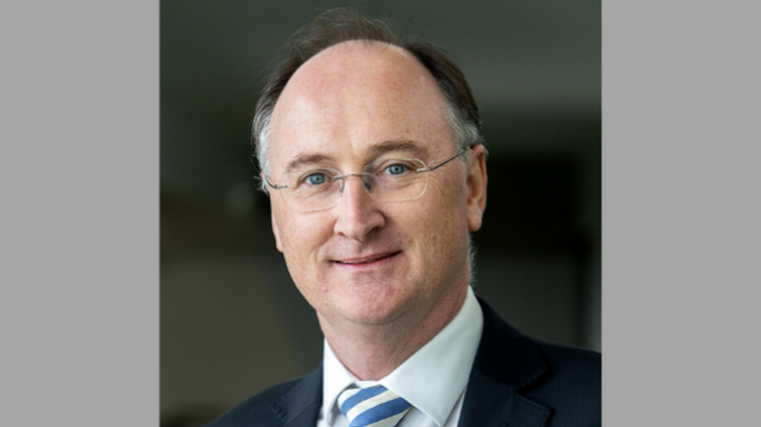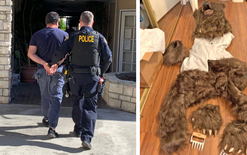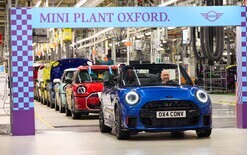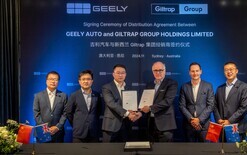Campaign to stop fakes

There were more than 1.7 million counterfeit parts confiscated by a single brand in Australia last year, raising concerns Australian motorists could be facing increasing on-road risks.
Florian Adt, Daimler’s head of legal product – intellectual property says about 550 raids have shown an increase in the volume of seizures with online vendors of counterfeit parts tripling compared to pre-pandemic figures.
“All in all, we were able to have 138,000 fake products removed from online platforms,” he adds. “This is around three times as many as during the same period before the pandemic.”
Tony Weber, chief executive of the Federal Chamber of Automotive Industries (FCAI), says manufacturers are concerned many drivers don’t understand the risks that can come with using counterfeit parts.
Marques spend years developing parts to the highest standards in-line with Australian design and safety rules.
On the flipside, data from trade association Unifab indicates that dodgy parts achieve higher profit margins than illegal drugs.
Weber, pictured, says: “This indicates fake goods are being manufactured by organised crime syndicates, likely linked with human trafficking and likely under poor working conditions.”
These are among the reasons that the FCAI has launched Genuine Is Best. The campaign works closely alongside industry and the Australian Border Force to train frontline officers in the recognition and seizure of counterfeit vehicle parts.
Fake spark plugs capable of causing massive engine damage are among the most recent parts added to the list of imposters encountered by Genuine Is Best.
Others include counterfeit filters that don’t filter oil, wheels that shatter in low-speed pothole impacts, brake components containing asbestos and – in one case – brake pads made of compressed grass clippings.





